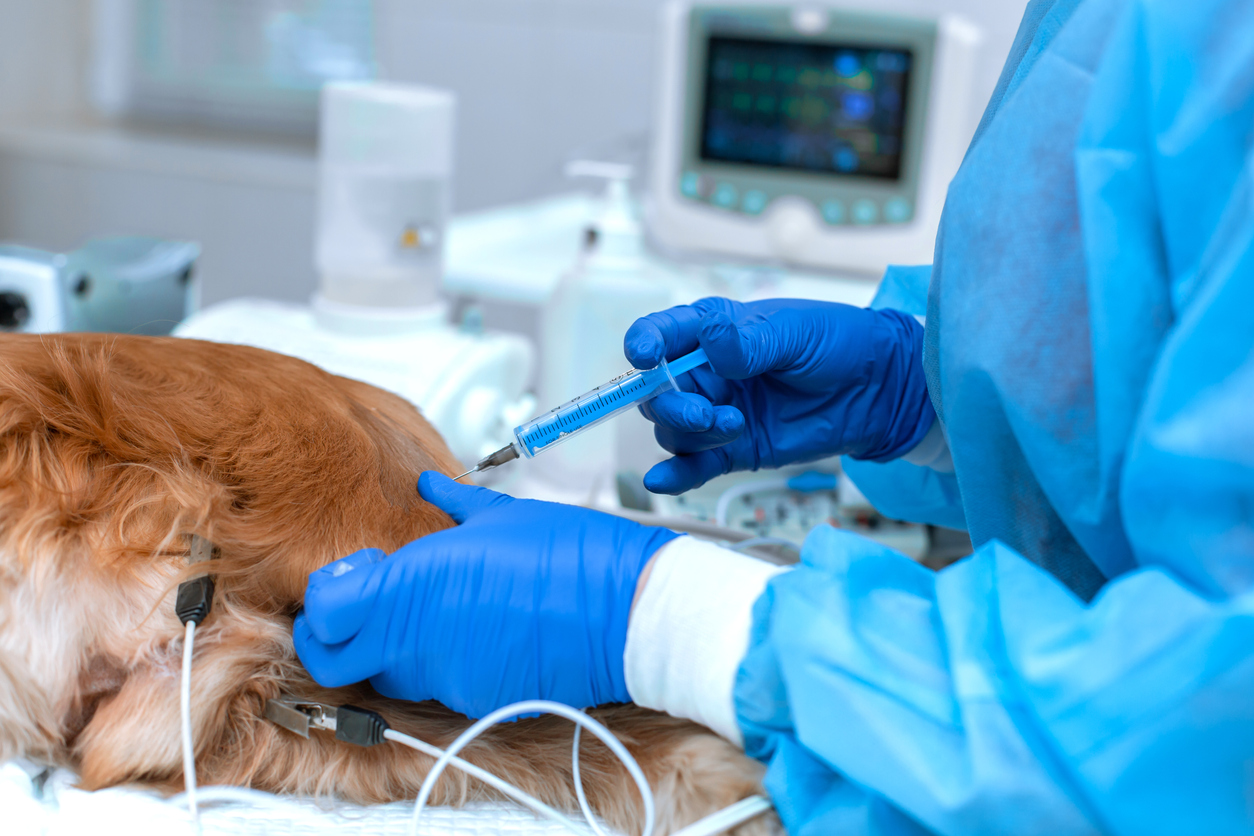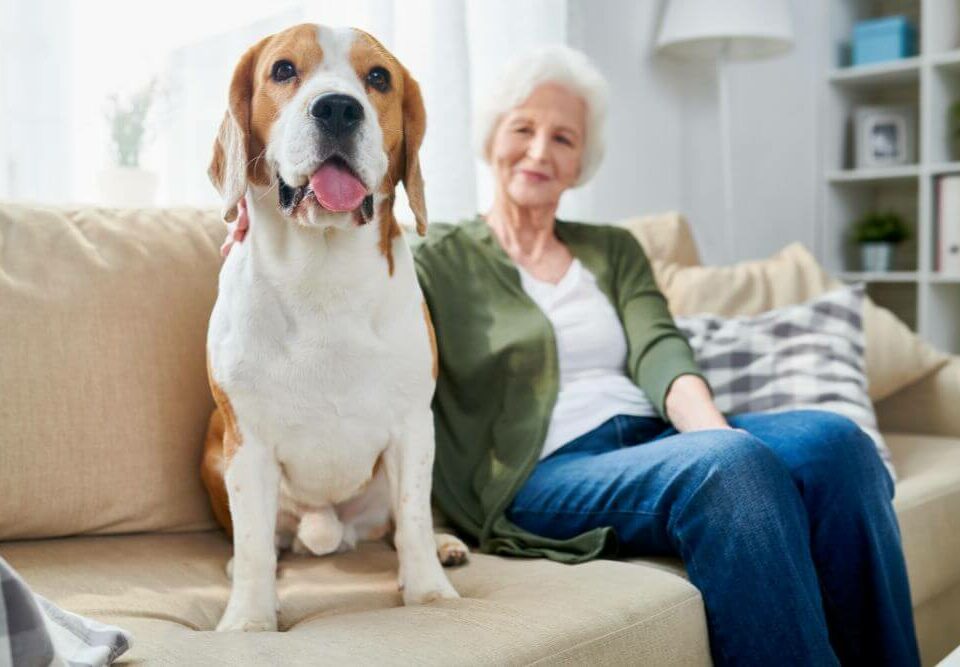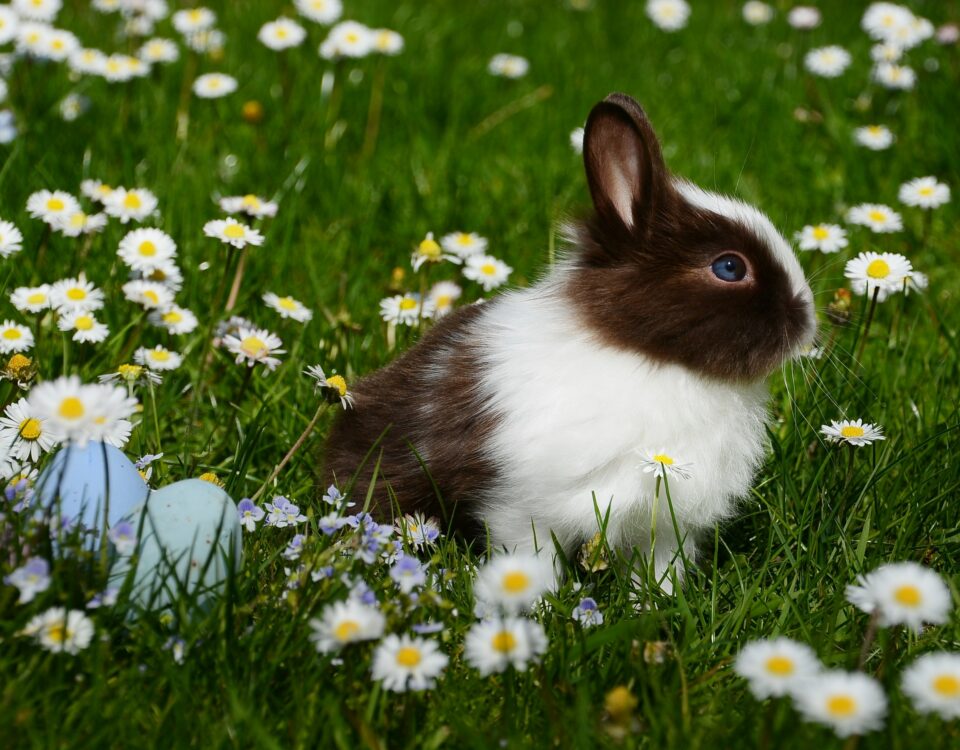
How Renal Failure Affects Dogs – Ask Vets In Glasgow Area
December 22, 2021
Ask Your Local Liverpool Vet – What is Kidney Failure in Dogs?
January 6, 2022Losing a pet can make your life feel incredibly empty – the feelings of despair and loneliness can be quite overwhelming. If you’ve had to euthanise your pet you may even feel a strong sense of self-doubt and guilt. These feelings are all normal at this traumatic time. Here are 10 Tips On Coping With Unexpected Pet Loss.
1. Making the decision to euthanise
You and your vet will come to the decision to gently put your pet to sleep at the right time. If your pet is in constant pain or undergoing stressful treatment, has problems with bodily functions, and is unresponsive to affection – not enjoying life at all, you’ll know this is probably the best choice. Ending suffering is the final act of love you can make for your pet.
2. Telling the children
You’ll need to be honest with your children – giving them as much information you think they can cope with about death. Don’t assume that your children are too young or too old to grieve. They’ll be sad and cry just like you will – discuss with young children how your pet will not be coming back and then you can all work though the grieving process in your own time.
3. Staying with your pet
Gentle at home cat euthanasia and dog euthanasia means that you can stay with your pet during the final moments. Your pet will end his life in familiar surroundings with the people he loves. This is not a decision to be made lightly as uncontrolled emotions and tears may mean you can’t handle the procedure, but for many this is the ultimate gesture of love you can provide – a final act of respect and kindness.
4. After the procedure
Here is the next tip on coping with unexpected pet loss. You can choose to make your own arrangements for home burial, or let your local vets deal with your pet cremation – you can witness the cremation if you wish. After the cremation the ashes are cooled and collected, passed through a cremulator to create fine ashes, and then returned to you.
5. Dealing with pain
You’ll be devastated by the loss of your pet who was your beloved friend and companion. The pet owner bond is that of unconditional love and joy. Remember that you’re not alone and although friends and family members may not understand the upset that losing a pet can bring, there are support services that can help you through this distressing time.
6. The grieving process
Grief tends to come in stages and you may experience the following emotions:
Guilt – if you feel responsible for ending your pet’s life
Denial – when you find it difficult to accept your pet is gone
Anger – directed at others who couldn’t save your pets life
Depression – leaving you powerless to cope and without energy or motivation
7. Express your feelings
You’ll need to be honest with yourself and your close family – coming to terms with your loss and working through the pain and grief. Remember all the good times you shared and understand what your pet loss actually means. Cry, scream, and shout – locking away grief isn’t good for you.
8. Ask for help
Your grief is genuine and you may need support – The Pet Bereavement Support Service is run by Blue Cross and helps thousands of pet owners. You’ll get vital emotional support and practical information, alongside a range of literature available to download.
9. Surviving pets
If you have other pets in your household they’ll grieve too – they form strong attachments and companionships. You’ll need to give them extra attention and love whilst you all adjust. Take all their love to help you with your healing too.
10. When to get a new pet
You should only get a new pet when you’re ready to move forward and able to build another long and loving relationship as this avoids any feelings of resentment and disloyalty. You will always remember your lost pet whatever you decide.





